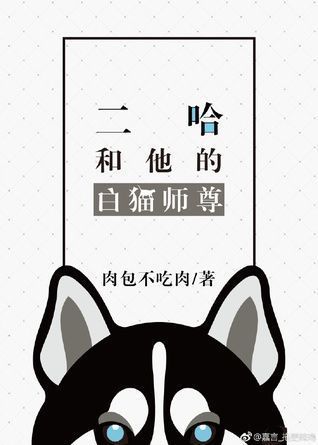Reviews
Nova@clandestine
Ren @l3slo
kyra@witchfl00
lena@leasy
Zoe@ghoost
Autumn @rabbit-hearted-reader
kiazareni@kiazareni
Edina@fbnedina
hyun@hyun
jinni@dearjinni
Thea Lizabeth@thealizabeth
Naomi@winona
Laura Rivera@nyctopya
diaan@xiaoyezii
Highlights
remiel@kuromi
remiel@kuromi
Page 282
remiel@kuromi
Page 266
remiel@kuromi
remiel@kuromi
Page 225
